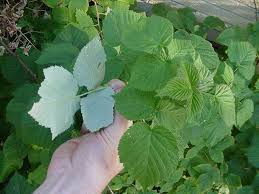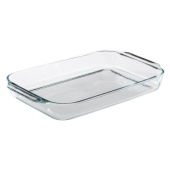
 4
4




Arbor Teas wrote: Of course, there are pros and cons to brewing tea this way. Cold-brewing will produce a lighter-bodied tea with less astringency and bitterness, as this method draws out a fewer tannic compounds, which is great for a mellow, even sweet, iced tea. Cold-brewing is also more time efficient, since you can make a pitcher of tea and store it in the refrigerator for a few days without having to brew a batch every day. On the flip-side, it is also suggested that cold-brewing will draw out as little as half of the caffeine and half the beneficial antioxidants derived by hot-brewing, but our "research" can't speak to that. Some suggest that splashing the tea leaves with a little bit of hot water "opens up the leaves", helping release stronger flavor, more caffeine and higher antioxidant levels.
Wonder How To wrote:Meanwhile, a 2012 study by Professor Jeng-Leun Mau of National Chung Hsing University, Taiwan, showed that cold-brewed green tea that was steeped for 12 hours had a high level of polyphenols (the antioxidants that make green tea so incredibly healthy) that were equal to or greater than tea steeped in hot water for 5 minutes.
 2
2




Invasive plants are Earth's way of insisting we notice her medicines. Stephen Herrod Buhner
Everyone learns what works by learning what doesn't work. Stephen Herrod Buhner
 1
1




Alcaligenes viscolactis, a bacteria commonly found in water, consequently turns up in sun tea." If this is the case then wouldn't that bacteria be in my glass of just plain water?
bit.ly/CommunityEcosystem
Making fresh food affordable by growing artists and entrepreneurs.
 3
3




Invasive plants are Earth's way of insisting we notice her medicines. Stephen Herrod Buhner
Everyone learns what works by learning what doesn't work. Stephen Herrod Buhner
 8
8





"You must be the change you want to see in the world." "First they ignore you, then they laugh at you, then they fight you, then you win." --Mahatma Gandhi
"Preach the Gospel always, and if necessary, use words." --Francis of Assisi.
"Family farms work when the whole family works the farm." -- Adam Klaus
 5
5




 2
2




 2
2




Dylan Mulder wrote:The tradition of brewing sun tea often involves great quantities of sugar. Hot environment, moisture, sugar...a bit more sugar...the bacterial pyramid is complete! Praise be to Ra!
I've seen plenty of jars of sugary sun tea with visible strands of bacteria in the water after a single day in the refrigerator.
Invasive plants are Earth's way of insisting we notice her medicines. Stephen Herrod Buhner
Everyone learns what works by learning what doesn't work. Stephen Herrod Buhner
 2
2




Anne Miller wrote:Do you mean that people put sugar in their tea before they brew it? If that is the case, I can understand a bacterial problem.
 1
1




http://www.builditsolar.com/Projects/SolarHomes/Doug/DougsProjects.htm
http://www.youtube.com/user/sundug69




 1
1




∞










"Also, just as you want men to do to you, do the same way to them" (Luke 6:31)

 1
1




Argue for your limitations and they are yours forever.
 2
2




Jackie
~ Be the change!
 2
2




No rain, no rainbow.
 1
1





|
I once met a man from Nantucket. He had a tiny ad
12 DVDs bundle
https://permies.com/wiki/269050/DVDs-bundle
|






